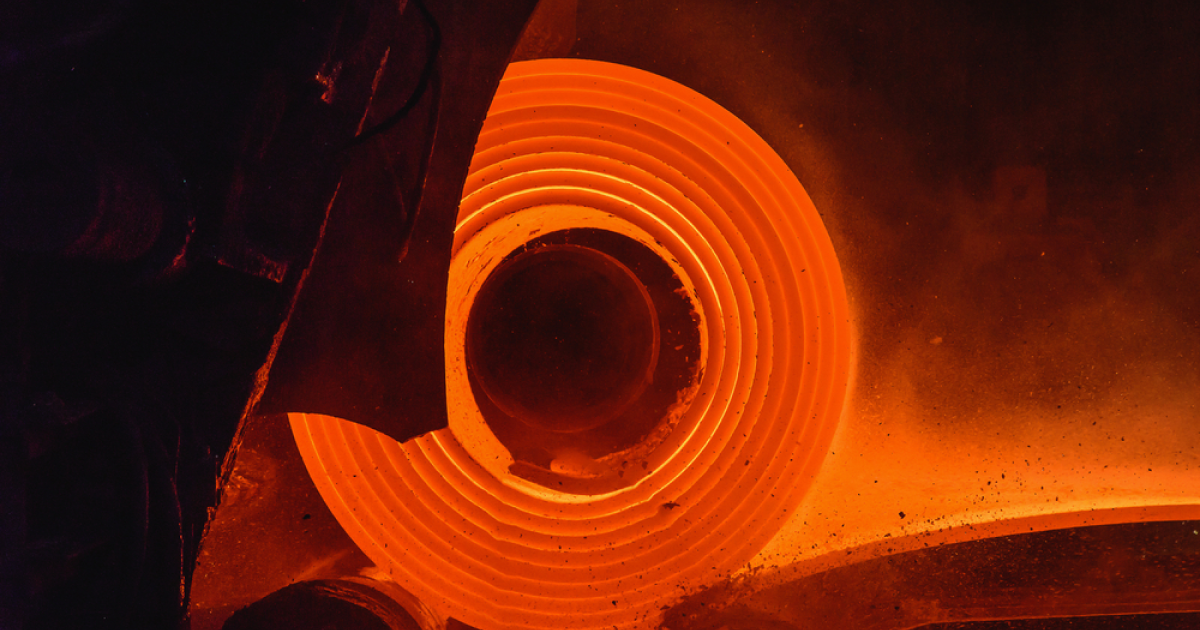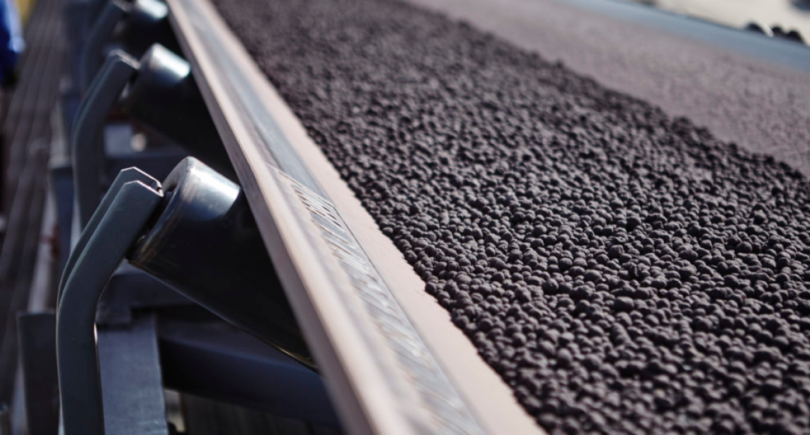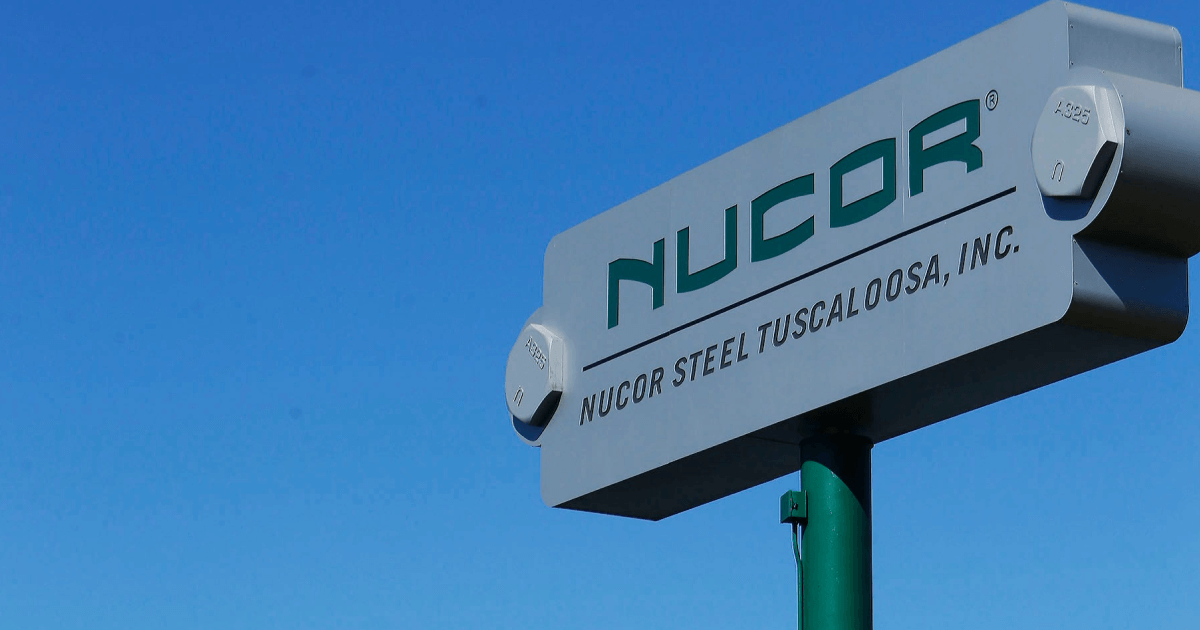
News Global Market EU 1381 09 April 2025
European steel industry concerned about broader impact of US tariffs
Major German steelmakers Thyssenkrupp Steel Europe (TKSE) and Salzgitter have called for the speedy implementation of the European Commission’s Steel and Metals Action Plan to protect the sector from US tariffs. This was reported by Reuters.
According to Salzgitter CEO Gunnar Gröbler, Europe should not remain defenseless in the face of growing import pressure. According to him, the EU should act decisively while maintaining an open dialog with the United States.
Thyssenkrupp Steel Europe, in turn, said the plan was an important impetus for strengthening the competitiveness of the struggling steel sector and its decarbonization. The current geopolitical situation has made the implementation of these plans even more urgent, said Dennis Grimm, spokesman for the TKSE Executive Board. He also believes that in order to strengthen domestic markets, the introduction of mandatory minimum quotas for European content in private and public procurement should be emphasized.
Amid Trump’s tariffs, the EU steel industry is demanding new trade protection measures and scrap retention in the region, S&P Global reports. These issues were discussed during a high-level dialogue with industry representatives organized by European Commission President Ursula von der Leyen on April 7.
European steelmakers are seriously concerned about the broader implications of the US tariffs, including the impact on derivative products and the serious risk of trade diversion.
Thus, the Eurometal association has proposed using public procurement to prioritize steel in the EU. At the same time, local production and innovation should be supported, especially in sectors necessary for the “green” transition and to support the bloc’s defense capabilities.
The industry called for new safeguards in steel trade, beyond the current safeguards that expire in June 2026, to counter potential export rejection. Participants also expressed concern about the reduction of scrap used for recycling in the EU.
In addition, during the dialogue, participants supported an accelerated review of cross-border carbon adjustment measures to close remaining loopholes.
Eurometal also recalled that the US steel market is 25-30% import-dependent, and protectionist measures could inadvertently undermine US competitiveness, which is contrary to the purpose of the tariff. This context is important for advancing transatlantic negotiations.
As GMK Center reported earlier, the European Union is preparing to introduce measures in response to the new US tariffs on April 15 and May 15.




